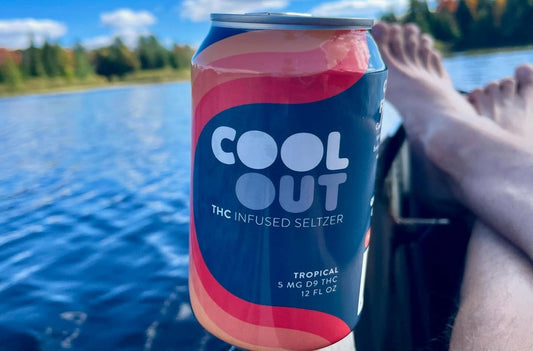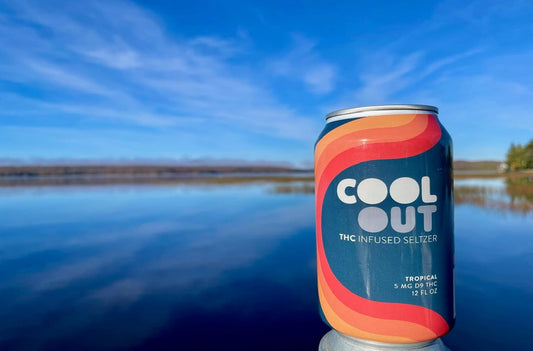Delta-9 THC is the primary psychoactive compound found in cannabis and hemp plants. But as hemp-derived cannabinoids evolve, another variant is gaining attention: Delta 10. So, what's the difference between Delta 9 and Delta 10? Delta 9 is the most abundant and well-known form of THC. People love it for its classic high, relaxing body buzz, and euphoric cerebral effects. When derived from hemp (with less than 0.3% Delta 9 THC by dry weight), it is federally legal and available for shipping in most U.S. states. That’s right — Delta 9 THC from hemp follows the same federal guidelines that govern CBD. But as always, it’s important to check your local laws, as some states have restrictions. Delta 10 THC, while not as widely used yet, is gaining popularity for its more energizing and cerebral effects. Users often compare it to a sativa-style experience — a head high that boosts creativity and focus without the overwhelming mental intensity of traditional THC. Delta 9, in contrast, delivers a more well-rounded experience, combining mental uplift with full-body relaxation. It’s a classic for a reason.
Delta 9 vs. Delta 10: Chemically Speaking
Delta 9 and Delta 10 are both cannabinoids — naturally occurring compounds in cannabis. They share nearly identical chemical formulas. The key difference lies in the position of the double bond in their molecular structure. Delta 9 has the bond on the ninth carbon chain, while Delta 10’s is on the tenth. This slight variation is what gives each its unique effects. That bond placement determines how the cannabinoid interacts with your body’s endocannabinoid system (ECS), affecting the psychoactive intensity, duration, and benefits.
Delta 9 vs. Delta 10: Benefits and Effects
Both Delta 9 and Delta 10 are psychoactive and interact with the ECS. But they’re not the same in how they affect you.
Delta 9 THC:
- Produces a classic THC high
- Promotes full-body relaxation
- Enhances mood and sociability
- Can stimulate appetite
- Often used for winding down or creative activities
Delta 10 THC:
- Offers more of a cerebral buzz
- Encourages focus, energy, and creativity
- Less intense body high
- Often seen as more "functional" during the day
Think of Delta 9 as a warm cup of tea on a cozy evening, and Delta 10 as a bright cup of coffee to start your day.
Great for Beginners, Too
Both Delta 9 and Delta 10 can be ideal for THC newcomers. They provide a smoother experience than traditional cannabis, especially when consumed in moderate doses through beverages like seltzers. Many users find Delta 9 to be a “balanced high” — the perfect in-between for those who want to enjoy THC without being overwhelmed.
Interaction with the Endocannabinoid System
Delta 9 has a stronger affinity for the CB1 receptor in the brain, which explains its more intense psychoactive effects. Delta 10, while it still binds to CB1 and CB2 receptors, does so less aggressively — making it a milder experience. This is why Delta 10 is often described as “THC lite,” though it's more stimulating than relaxing.
The Bottom Line: Delta 9 vs. Delta 10
Both cannabinoids offer unique experiences. Delta 9 delivers the classic THC buzz — perfect for relaxing or elevating mood. Delta 10 offers a lighter, more cerebral alternative, suitable for focus and daytime use. When sourced from hemp, both can be federally legal. Just make sure you’re aware of your state’s specific laws before purchasing. Looking to try a federally legal Delta 9 experience? Check out our Delta 9 infused seltzers – crafted to give you the perfect THC buzz with none of the stress. Browse our shop now and enjoy 15% off your first order!







